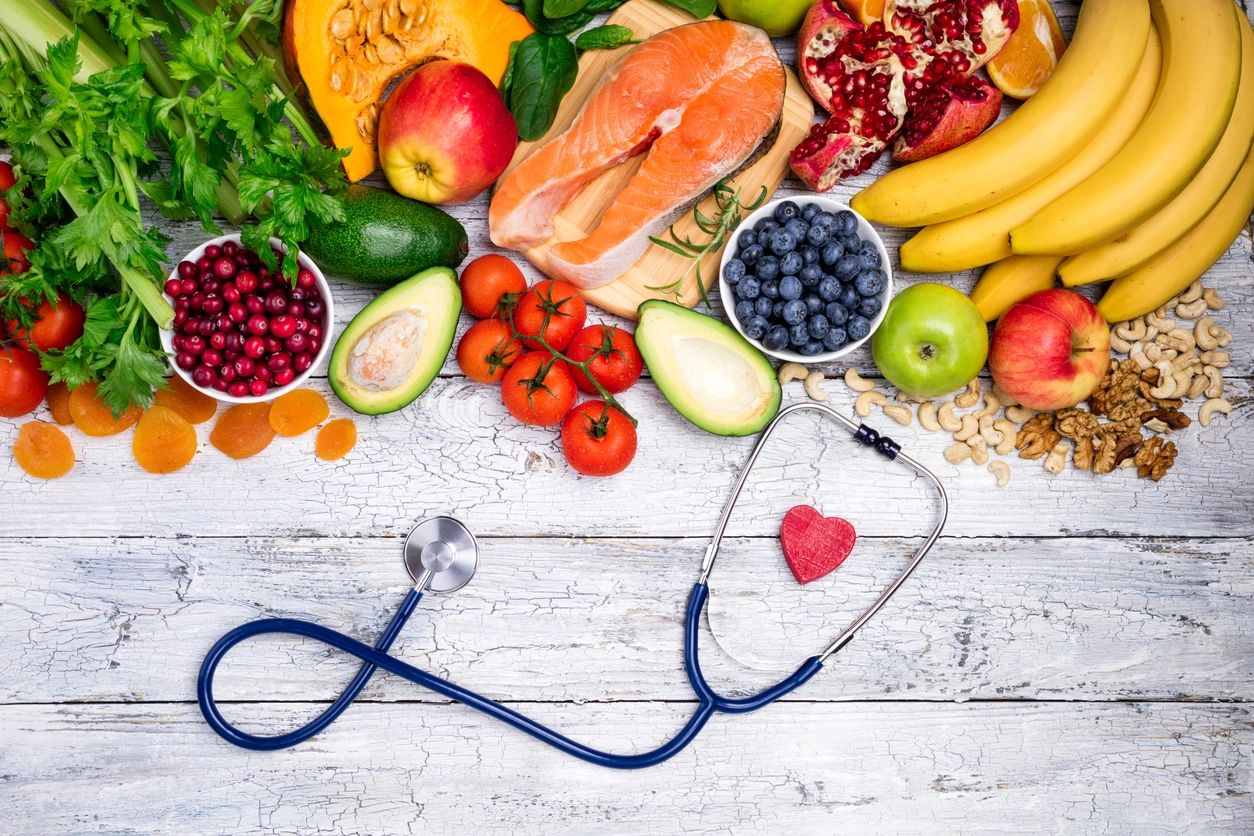HEALTHY HOLIDAY RECIPES
By: Allie Might, FMC, INHC, ATT
The holidays are always a time when we naturally indulge in all kinds of delicious meals and treats. To help keep you on track, here are some festive and healthy holiday recipes!
CANDY CANE COCOA
1 cup unsweetened almond milk (or your favorite milk alternative)
1 scoop Cocoa Hx
¼ teaspoon pure peppermint extract
Heat milk alternative in a small pot on stove top until hot. Turn off heat and add Cocoa Hx and peppermint extract. Stir until combined and dissolved. Pour into your favorite mug and enjoy!
EGGNOG SMOOTHIE
1 cup unsweetened almond milk (or your favorite milk alternative)
1 cup ice
1 egg yolk
2 scoops Whey Protein Powder (or 1 scoop of Plant Protein Powder)
1 Probiotic Hx (just the powder inside the capsule)
¼ teaspoon pure vanilla extract
¼ teaspoon cinnamon
Dash of nutmeg
Combine all ingredients in a blender until well combined and smooth. Pour into a glass, sprinkle top with some extra nutmeg and enjoy!
MAGICAL COOKIE SMOOTHIE
1 cup water
1 cup ice
2 scoops Whey Protein Powder (or 1 scoop of Plant Protein Powder)
1 scoop Cocoa Hx
1 Probiotic Hx (just the powder inside the capsule)
1 ½ Tablespoons nut butter (peanut, almond, or cashew)
1 Tablespoon raw honey
1 Tablespoon unsweetened coconut flakes
1 teaspoon raw organic coconut oil
Combine all ingredients in a blender until well combined and smooth. Pour into a glass and enjoy!
HEALTHY HOLIDAY LATKES
2 ½ cups shredded potatoes (regular or sweet), bonus if you can get this already shredded
2 ½ cups shredded zucchini
¾ cup all-purpose flour
½ cup Plant Protein Powder
1 ½ teaspoons baking powder
3 eggs
Sea salt and fresh cracked pepper taste
4 Apples
1 cup plain Greek yogurt
1/3 cup Beets Hx
Pre-heat oven to 350′. Line a baking sheet with parchment paper and set aside. Core and slice apples into 36-40, or 10 equal slices per apple. Put onto baking sheet and lightly sprinkle with a dash of sea salt.
Put shredded potatoes and zucchini into a cheesecloth and squeeze out water into a bowl or sink. Get as much water out as the drier you get the potatoes and zucchini the better. Once this is completed, put dry potatoes and zucchini into a dry, large bowl.
In a separate bowl combine all-purpose flour, Plant Protein Powder, baking powder, salt and pepper and mix until combined. Set aside.
In another bowl, add eggs and beat with a fork. Add to potatoes and zucchini. Toss together. Add dry ingredients and mix everything until well combined.
Form mixture into 16-18 equal sized patties (will look like haystacks). Put into an air fryer at 375′ for 15-20 minutes, or until golden brown and cooked through.
While these are air frying, put the apples into the oven for 15-20 minutes, or until soft yet cuttable.
While everything is cooking, mix together the Greek yogurt and Beets Hx until well combined.
Once everything is fully cooked, top latkes with a dollop of yogurt and top with 2 baked apple slices. Serve and enjoy!
WINTER HOLIDAY IMMUNITY BOOSTER
1 ½ cups water
Juice of ½ lemon
1 scoop Oranges Hx
1 scoop Reds Hx
1 Vitamin C Buffered capsules (just the powder inside the capsules)
1 Probiotic Hx capsule (just the powder inside the capsule)
Blend all ingredients together and pour over ice. Drink and enjoy!








